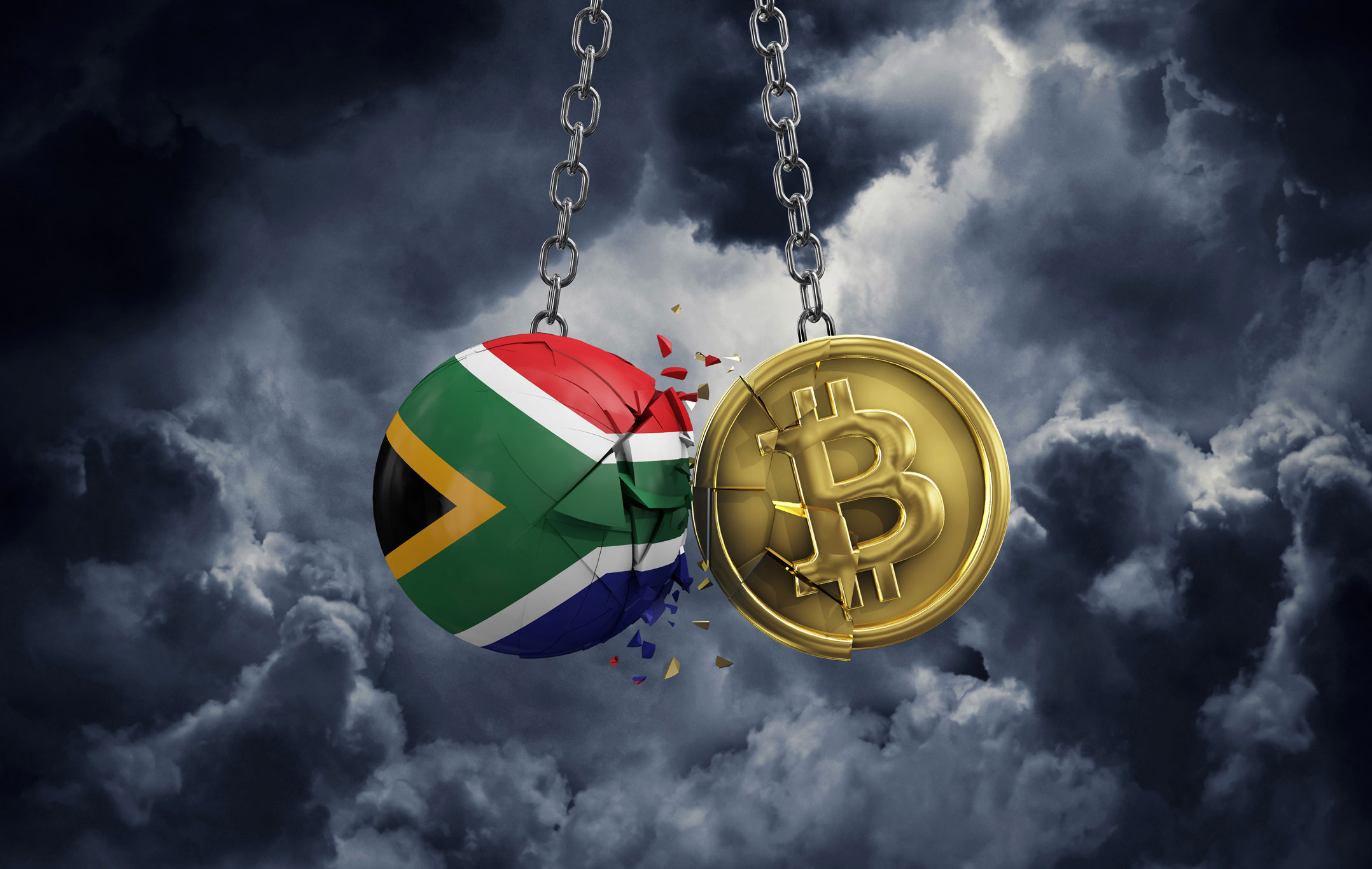South Africa (SA) is projected as one of the most crypto-friendly African countries. However, a recent development suggests that the crypto industry in the country may be enduring a torrid time as US crypto firms move to block users in the country.
Kraken Blacklists South Africans
According to a report by local media outlet Moneyweb, crypto exchange Kraken has stopped accepting deposits from its users in South Africa. This decision was made because Kraken’s banking partner placed the country on its anti-money laundering blacklist.
Something similar happened earlier this year when USDC’s issuer, Circle, halted fiat payments from users in the country. It is believed Circle had made that decision in anticipation of greater financial sanctions on the country.
Kraken’s banking partner’s decision may be connected to the Financial Action Task Force (FATF) decision. This is because in February this year, the FATF added South Africa to its “grey list,” which refers to countries that are under Increased Monitoring.
While the FATF believes that the country has a “solid framework” to combat money laundering and terrorist financing, new technologies, of which digital assets fall, are one aspect it has seen shortcomings.
The organization believes South Africa has been “non-compliant” regarding implementing the technical requirements to combat money laundering in the crypto industry.
With this in mind, it is probable that banking institutions, including Kraken’s banking partner, may be cautious about facilitating transactions from users in the country so as not to be entangled in any money-laundering scheme, especially ones involving cryptocurrencies.
South African Arbitrageurs Bear The Brunt
Crypto arbitrage is quite popular in the country because assets like BTC and USDC trade at a premium of between 0.7% and 3.5%, meaning that many digital assets’ are priced higher than normal on SA exchanges.
However, these regulatory and technical sanctions have had a negative impact on the business in the country. First came Circle’s decision, which was massive because most arbitrage trades in the country were primarily made in USDC.
This caused the trading volume on arbitrage trades to reduce, prompting a spike in the premium with these assets trading 4% higher than their actual price.
Now, Kraken’s decision to block deposits from crypto users in SA has significantly affected the crypto arbitrage business in the country, as many traders are said to have used the exchange to execute their trades.
Consequently, Kraken’s decision caused a reduction in the trading volume of arbitrage trades in the country, with the premium reportedly rising to as high as 3.5% following this move.









